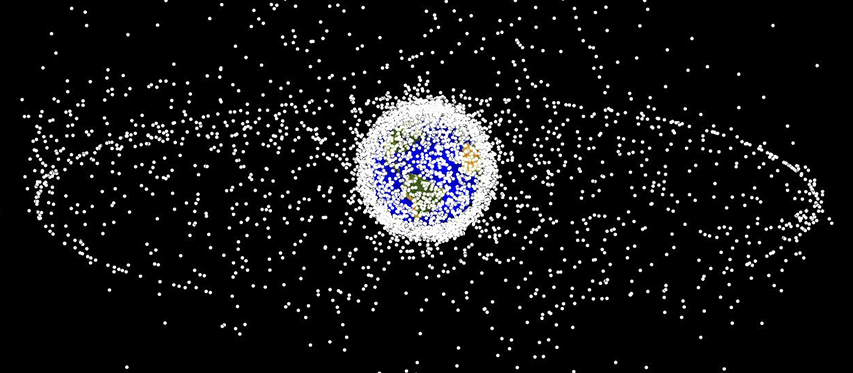Global Industry Thought Leaders Push for Action to Preserve Space as a Resource

“Ten of thousands of satellites and other space objects may be launched in the next decade,” cites the new Space Sustainability report issued by the EMEA Satellite Operators Association (ESOA). While innovative uses of space should be applauded, industry experts like Jennifer A. Manner, senior vice president of Regulatory Affairs at EchoStar/Hughes and the Chair of ESOA’s Network & Services Working Group, are highlighting the need for “action to deal with space debris and collisions and to ensure space remains sustainable, safe, and accessible for all.”
“I’m excited to be able to share the ESOA Space Sustainability Report and call to action written by the ESOA Network Services Working Group. It is critical we act now to preserve our space resource, before it is too late,” Ms. Manner said.
The orbital environment is at risk, she explained, because demand for access to orbits and space in general has increased significantly in the last decade driven by institutional and commercial innovators.
As of January 1, 2021, according to Geospatial world, there were 6,542 satellites, out of which 3,372 satellites were active and 3,170 inactive. Another 850 satellites were launched in the first four months of the year—two-thirds of the total number of satellites launched in all of 2020. Non-geostationary satellite launches, like those for low- and medium-earth orbit (LEO/MEO) constellations, have accelerated at a rapid pace to meet demand.
“The longer you wait to address space sustainability, the more you’ll impact the capabilities and services we’re becoming more reliant on,” Ms. Manner said. Examples of these services on which we depend include monitoring from space for climate change, extreme weather conditions, communications, space tourism, planetary exploration (such as mining), national security and disaster relief.
To urge action, ESOA and its members are advocating for international leaders to develop a flexible and technology-neutral regulatory regime to:
-
Minimize the creation of more space debris;
-
Maximize orbital resources through appropriate space traffic management, including for launches; and
-
Enable the development of responsible solutions to existing and future orbital debris.
Ms. Manner said ESOA efforts and the report demonstrate: “We have a very real opportunity to utilize space to solve problems and provide capabilities, but we must act now to preserve it to maintain a connected future, take advantage of the economic and other benefits space offers, and address the challenges we face on earth.”